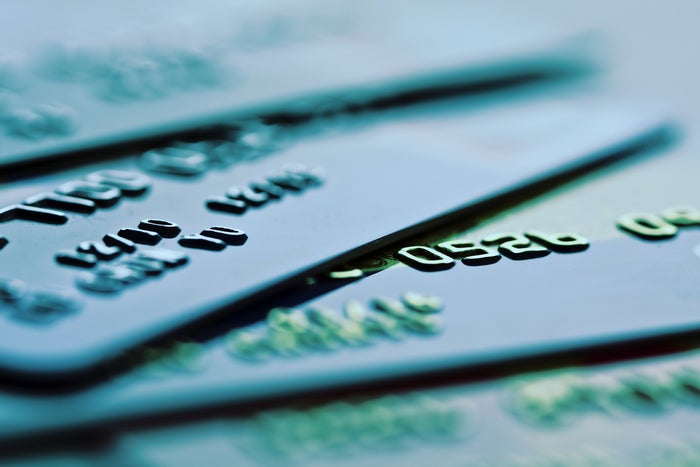 |
| Image via PCWorld |
PCWorld
Report said, The data breach caused by “Backoff” is now reckoned as one of the
largest in recent memory, resulting in tens of millions of credit and debit
cards being captured. It is believed responsible for the recent data breaches
at Target, SuperValu supermarkets and UPS stores. In the case of SuperValu, at
least 180 of its stores had been hit by a data breach and earlier this week UPS
said 51 of its UPS Store locations had been hit.
According
to PCWorld (US
warns 'significant number' of major businesses hit by Backoff malware), It
took a stern cyber-security alert from the US Department of Homeland Security
(DHS) to raise public awareness of yet another computer virus that specifically
targets small and medium businesses. The DHS actually first warned of this
malware called “Backoff” in July 2013 but few took the warning seriously. Now,
the DHS reports that over 1,000 small and medium businesses and major
enterprise networks have been compromised.
The
DHS said that the Backoff malware “is
capable of scraping the memory contents of point of sales systems for data
swiped by stores from credit cards, from monitoring the keyboard and logging
strokes and from communicating with a remote server.” Point of sales systems refer to the use of
cash registers and other terminals at checkout counters of stores.
As
for the mode of attack, hackers usually gain access to machines through
brute-force attacks on remote log-in systems provided by companies like
Microsoft, Apple, Google and other third-party vendors. Once inside, they are
able to copy the malware to the machine and set it to capturing credit card
data.
The
good news is that most antivirus packages can now detect Backoff. So if you’re a network operator, you would do
well to download and install antivirus software and update your computer
regularly. These can help permanently remove unwanted software and prevent it
from being installed in the first place.
Please visit Millenium Support for any Data Recovery involves recovering data from damaged, failed, corrupted, or inaccessible storage devices.